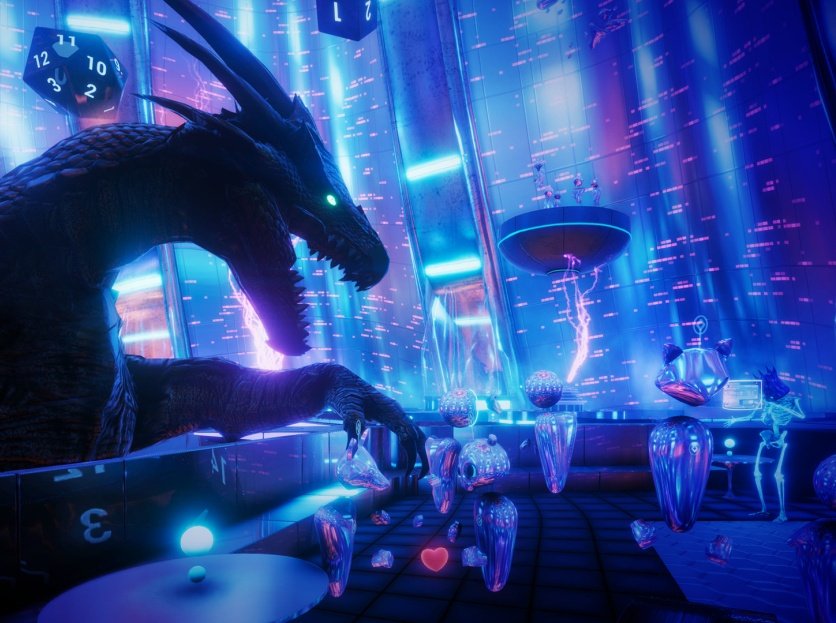Wave introduces the world's first global virtual concert platform

What you need to know
- Wave, formally known as TheWaveVR, today announced the world's first multi-channel virtual entertainment platform for live concerts.
- The new platform makes it possible for artists to connect with fans in online games, social networks, live streaming channels or entertainment networks.
- These virtual concerts will be made available via YouTube, Twitch, Facebook, and other popular digital and gaming channels.
Entertainment technology company Wave, which was known as TheWaveVR previously, has introduced what it is describing as "the world's first multi-channel virtual entertainment platform for live concerts." Wave says the platform uses proprietary live broadcast technology that allows artists to perform live for their fans around the world, across different digital channels.
Adam Arrigo, co-founder and CEO of Wave, said in a statement:
There's a surge of next-generation viewers flocking to digital channels of all kinds to find engaging entertainment. And gaming, the largest and fastest-growing entertainment category, has become a driving force in music discovery. Today, we're extending the groundbreaking work we've done in VR to make virtual concerts more broad-reaching, so that artists can unleash their creativity and reach fans across any digital, social or gaming platform.
Wave's "cutting-edge" broadcast technology transforms artists into digital avatars in real-time and then casts them onto a virtual stage. These digital avatars are said to offer customized interactions that suit the artist's style. Wave will be distributing these virtual concerts via leading digital channels such as YouTube, Twitch, Facebook, and more.
One of the biggest highlights of Wave's platform is that it integrates chat into the experience, which means fans get to appear as an avatar in the audience and can directly impact the artistry within the live performance. Fans can virtually attend the concerts using the company's VR and PC desktop apps, which are supported on Steam for HTC Vive, Oculus Rift, Valve Index, Windows Mixed Reality, and other devices.
The free-to-play concerts also make it possible for artists to reach a global and much larger audience than live events. They can also monetize these concerts through sale of physical as well as virtual merchandise, bit cheering/tipping, and sponsorship.
Best VR Headsets in 2019: Black Friday 2019 - Deals & Buyer's Guide
Be an expert in 5 minutes
Get the latest news from Android Central, your trusted companion in the world of Android

